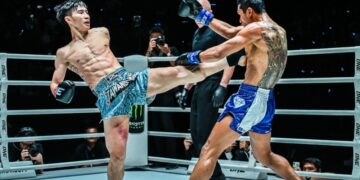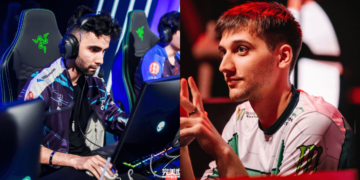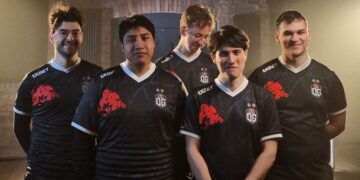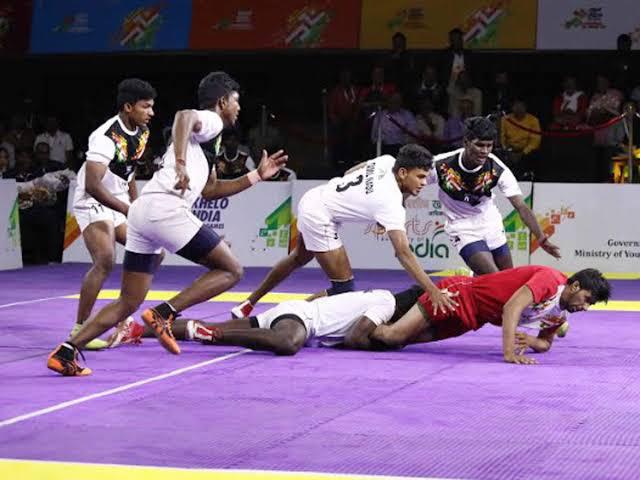Raising children with strong values is every parent’s goal. Beyond academics and extracurriculars, many parents look for activities that help their children grow into responsible, disciplined, and dependable individuals. One of the most effective ways to nurture these traits is through martial arts for kids.
While martial arts are often associated with kicks and punches, their deeper lessons go far beyond the physical. They teach children accountability. The ability to take responsibility for their actions, choices, and commitments. In a world full of distractions, accountability can make all the difference in shaping confident and reliable kids.
What Accountability Means For Kids
Accountability is more than just admitting to one’s mistakes. For children, it means understanding the impact of their actions on themselves and others. It involves keeping promises, staying consistent, and learning that effort and responsibility lead to growth.
In martial arts, accountability becomes a daily practice. Whether it is showing up for class on time, respecting instructors and peers, or committing to improving a technique, kids learn that responsibility is part of progress.
Martial Arts As A Responsibility-Building Environment
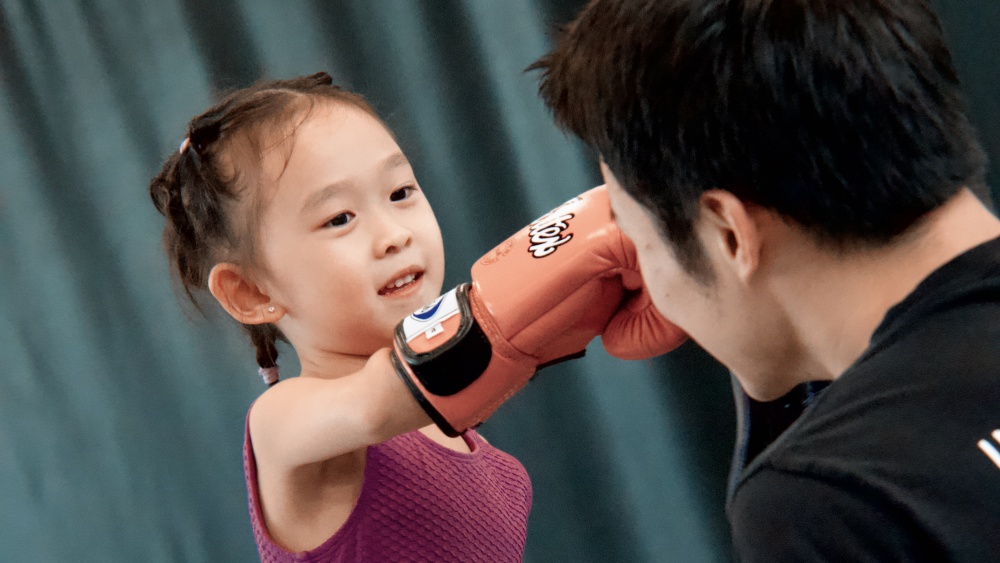
Martial arts teach accountability through commitment, respect, and effort, helping kids build consistency and responsibility that carry into school and life.
Martial arts classes create a structured environment where accountability is reinforced in many ways.
- Attendance And Commitment: Kids quickly learn that missing class means falling behind on skills which can be a problem in the long run. Regular attendance builds consistency.
- Respect And Etiquette: Bowing to instructors, listening carefully, and following rules teach children on how their behavior affects others.
- Effort Equals Progress: Promotions in martial arts are not given; they are earned. Kids see firsthand that improvement depends on their own focus and effort.
This structure mirrors real-life lessons, preparing children to handle responsibilities in school, at home, and eventually in their careers.
Learning Through Natural Consequences
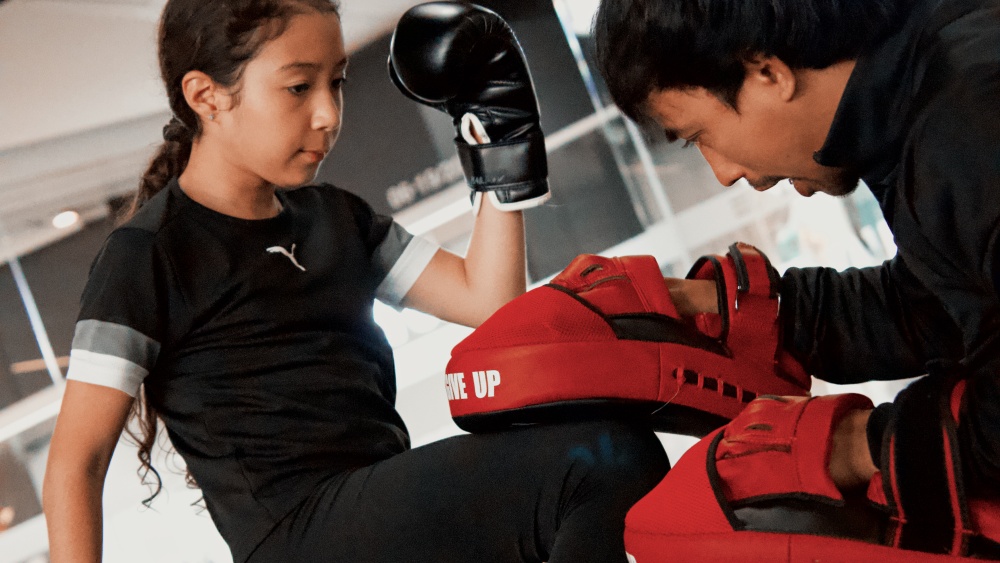
Martial arts turn mistakes into lessons, teaching kids that accountability means learning, improving, and building resilience through experience.
That being said, martial arts do not shield kids from mistakes. Instead, they use mistakes as teaching tools. If a child does not practice consistently, their technique will not improve. If they are careless during sparring, they quickly learn that they must be more focused next time.
These natural consequences help children understand that accountability is not about punishment, but about learning and growth. By taking responsibility, they build resilience and independence.
Building Accountability Through Peer Connection
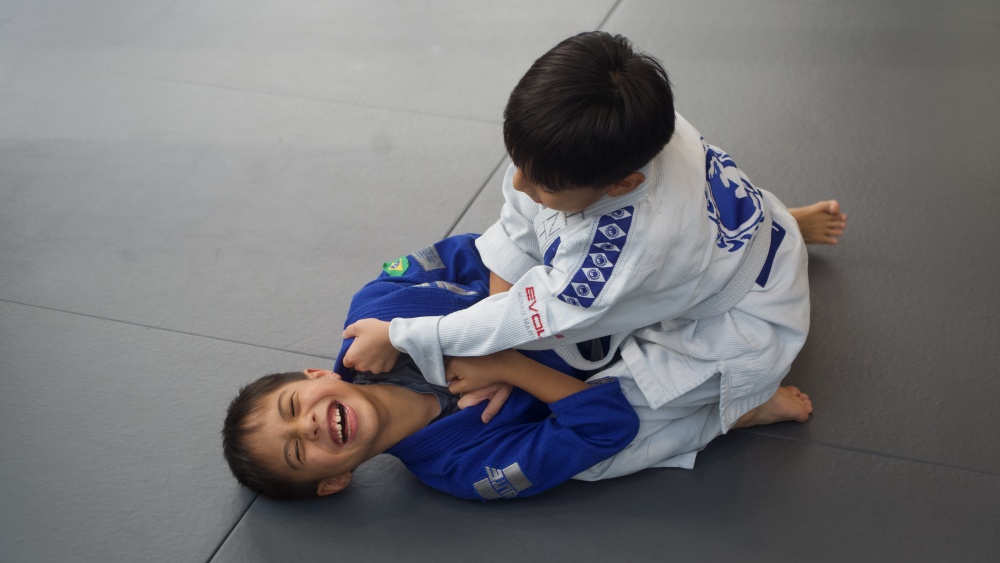
Martial arts teach kids that accountability goes beyond oneself. Instead, being focused and dependable helps their partners grow, building teamwork and trust.
Another powerful aspect of martial arts is the role of training partners. Kids often work in pairs or small groups to practice techniques together. If one child is distracted, it affects their partner’s ability to practice.
This dynamic teaches kids that accountability is not only about personal progress but also about supporting others. They realize that being dependable makes them valuable teammates and friends, a lesson that applies far beyond the mats.
Accountability And Goal Setting
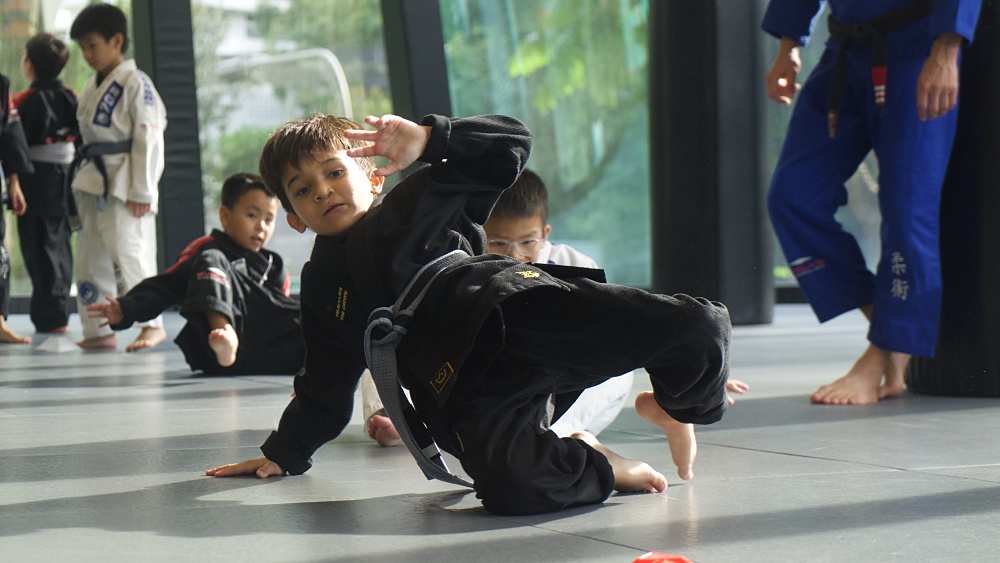
Martial arts ranking systems teach kids that progress comes from effort and consistency, reinforcing responsibility, perseverance, and goal-setting.
Martial arts programs often use belts or ranking systems to track progress. This motivates children to set goals and take ownership of their journey. Achieving the next belt requires consistent practice, perseverance, and demonstrating mastery of techniques.
Children learn to connect their actions with their outcomes: if they prepare and practice, they advance. If they do not, they must accept the result and work harder. This reinforces the link between responsibility and success.
Real-Life Benefits Of Accountability
The accountability lessons from martial arts extend into many areas of a child’s life. Parents often notice changes such as:
- Greater responsibility for homework and school projects.
- Improved respect and cooperation at home.
- Better time management as kids balance training with other activities.
- Increased confidence from taking ownership of their growth.
By practicing accountability on the mats, children carry these skills into school, friendships, and eventually the workplace.
FAQs: Martial Arts And Accountability For Kids
Q: How Do Martial Arts Teach Kids Accountability?
A: Martial arts teach kids to take responsibility for their actions by showing them that progress depends on effort and consistency. Missing class, not practicing, or ignoring instructions has natural consequences, which help children learn to be accountable.
Q: Can Martial Arts Help My Child Become More Responsible At Home Or School?
A: Yes. The structure of martial arts classes often carries over into daily life. Parents notice that children become more consistent with homework, chores, and time management because they understand the importance of following through.
Q: What Role Does Respect Play In Accountability?
A: Respect is central in martial arts. Kids learn to respect their instructors, peers, and rules. By doing so, they also learn to respect themselves and take responsibility for their behavior both in and out of the gym.
Q: Are Martial Arts Good For Kids Who Struggle With Focus?
A: Absolutely. Martial arts encourage kids to pay attention and stay present. When they are held accountable for listening and performing techniques correctly, they develop better focus over time.
Q: Do Children Need To Be Naturally Disciplined To Benefit From Martial Arts
A: No. Martial arts are designed to teach discipline and accountability gradually. Even kids who struggle at first learn through repetition, encouragement, and the responsibility they feel toward their training partners.
Accountability Through Martial Arts
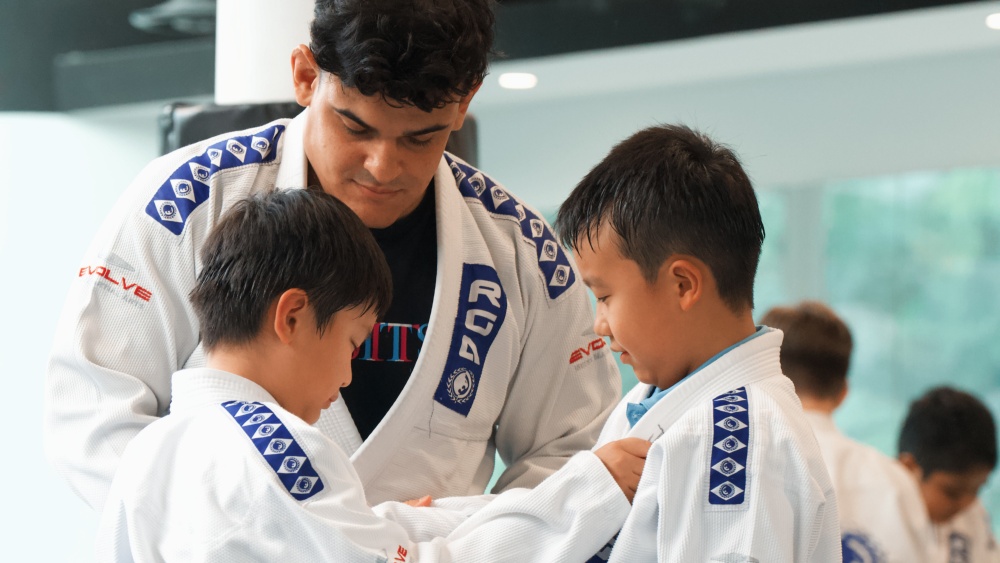
Martial arts teach kids accountability, discipline, and respect. Ultimately helping them grow into confident, responsible individuals both on and off the mats.
Accountability is one of the most important life skills a child can learn, and martial arts provide a supportive and structured way to develop it. Through consistent practice, respect for rules, and responsibility toward peers, kids discover that they are capable of managing themselves and contributing to others.
Parents who want their children to grow into dependable, confident individuals will find martial arts to be an invaluable tool. The lessons go far beyond technique; they shape the kind of person a child becomes.
At Evolve MMA in Singapore, our World Champion instructors are dedicated not just to teaching martial arts, but to instilling values like accountability, discipline, and respect in every child. Enroll your child in our kids’ martial arts program today and give them the tools to take responsibility, grow with confidence, and succeed both on and off the mats!
Book your complimentary trial class with our World Champions below!
If you have any other questions regarding Evolve MMA and the programs we offer, you can get in touch with our membership executives at the following locations:
Evolve MMA (CBD)
18 Cross St
#B1-08
Singapore 048423
Phone: (65) 6536 4525
Evolve MMA (Orchard Central)
181 Orchard Road
#06-01 Orchard Central
Singapore 238896
Phone: (65) 6536 4556
Evolve MMA (KINEX)
11 Tanjong Katong Road
#02-52 KINEX
Singapore 437157
Phone: (65) 6288 2293
Evolve MMA (Star Vista)
1 Vista Exchange Green
#02-26A The Star Vista
Singapore 138617
Children’s martial arts programs are becoming increasingly popular, with many parents seeking activities that do more than just keep their kids active. Martial arts training teaches important values like discipline, confidence, and respect, but one…
In Brazilian Jiu-Jitsu, belts represent progression, skill, and time spent on the mats. But the system for children is different from adults. Because kids mature physically, mentally, and emotionally at different rates, the International Brazilian…
The recent bullying incident at Sengkang Green Primary School in Singapore, where a Primary 3 student was persistently targeted for nearly six months and her mother later received chilling death threats, has cast a spotlight…
Finding the right after-school activity for your child is more important than ever in a fast-paced city like Singapore. With growing academic demands and screen time at an all-time high, more parents are looking for…
Kids today face much more peer pressure than their parents did because of the internet and social media. Once upon a time, restricting the outside influences on your child was as simple as limiting which…
Bullying often brings out all sorts of negative emotions in children, and parents usually don’t know how to start the conversation. Children tend to be hesitant to admit they’re getting bullied because it often makes…
Summary Martial arts training is not only about building strength or preparing for competition. It is also a journey toward inner calm. Through movement, controlled breathing, and focus, martial arts help reduce stress, improve mindfulness,…
Summary The speed bag is one of the most iconic tools in boxing gyms, but it’s often misunderstood. More than just a flashy skill, it develops rhythm, timing, hand-eye coordination, and endurance, which are all…
Mark Kerr, nicknamed “The Smashing Machine,” was one of the most dominant forces in the early days of mixed martial arts. A decorated wrestler, submission grappler, and tournament champion, he helped shape the foundation of…
Low leg kicks are one of the most under-appreciated weapons in striking arts. They quietly erode an opponent’s mobility, set the pace, and often serve as fight finishers. In Muay Thai, kickboxing, and MMA, a…
In mixed martial arts (MMA), striking often gets the spotlight, but grappling quietly serves as one of the most important foundations of the sport. Fighters with strong grappling backgrounds control where the fight takes place,…
Every sport has its underdog stories, but in boxing, those moments feel especially powerful. One punch, one night, and one fighter’s belief in themselves can flip expectations upside down. In the modern era, from the…












